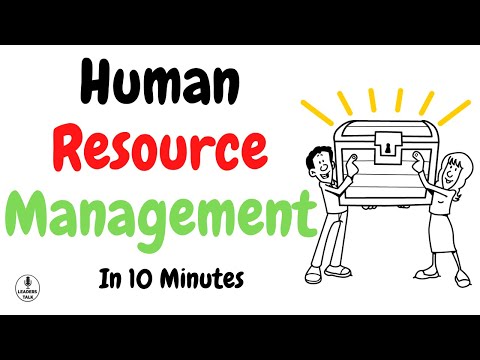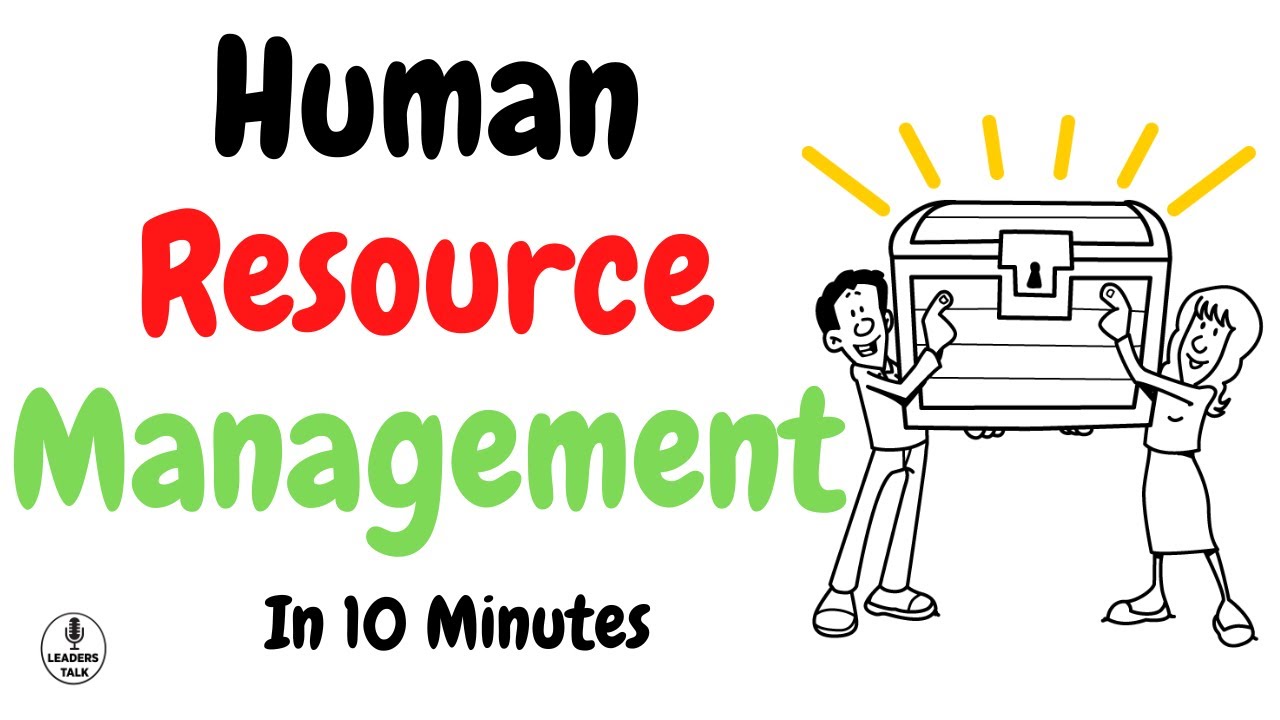Human resource managers play a critical role in organizations, ensuring the smooth functioning of the workforce and fostering a positive work environment. They are responsible for a wide range of tasks that impact both employees and the overall success of the company. With a keen understanding of people dynamics and organizational goals, HR managers strategically recruit, train, and retain top talent. They oversee the hiring process, conducting interviews and selecting candidates who align with the company culture and possess the necessary skills. Additionally, HR managers advocate for employee development, implementing training programs and performance evaluations to enhance individual growth and boost productivity. They also handle employee relations, addressing conflicts and ensuring fair treatment throughout the organization. In an ever-evolving work landscape, HR managers adapt policies and procedures to comply with labor laws and nurture diversity and inclusion initiatives. Moreover, they manage compensation and benefits, ensuring employees are rewarded appropriately for their contributions. By focusing on both the well-being of employees and the success of the company, HR managers play a vital role in creating a harmonious and productive work environment.

Roles and Responsibilities of Human Resource Managers
| Responsibility | Description |
|---|---|
| Talent Acquisition | Human resource managers are responsible for attracting and recruiting top talent for the organization. This involves developing effective recruitment strategies, conducting interviews, and evaluating candidates to ensure the right fit. |
| Employee Training and Development | HR managers play a crucial role in identifying the training needs of employees and organizing relevant training programs. They ensure continuous learning and development to enhance employee skills and competencies. |
| Performance Management | Monitoring and evaluating employee performance is an essential function of HR managers. They establish performance evaluation systems, provide feedback, and implement performance improvement plans to ensure optimal productivity. |
| Employee Relations | HR managers act as mediators in resolving conflicts and addressing employee grievances. They foster a positive work environment, promote effective communication, and implement policies that promote employee satisfaction and engagement. |
| Compensation and Benefits | HR managers are responsible for designing and implementing competitive compensation and benefits packages. They conduct market research, analyze salary trends, and ensure that the organization offers attractive remuneration to attract and retain top talent. |
| Legal Compliance | Ensuring compliance with labor laws and regulations is a critical responsibility of HR managers. They stay updated with employment legislation, implement policies that align with legal requirements, and handle issues related to workplace safety, discrimination, and harassment. |
| Strategic Planning | HR managers actively contribute to the organization’s strategic planning process. They align HR initiatives with business objectives, anticipate workforce needs, and develop strategies to attract, develop, and retain a high-performing workforce. |
Title: “Unlocking the Power of HRM: Revolutionizing the Workplace in 10 Minutes!”
What Do Human Resource Managers Do?
Human resource managers play a critical role in organizations of all sizes and industries. Their responsibilities cover a wide range of areas, from recruiting and hiring to training and development, as well as employee relations and compliance. Let’s delve deeper into the key tasks performed by these professionals.
1. Recruitment and Hiring
One of the primary responsibilities of a human resource manager is to oversee the recruitment and hiring process. This involves developing job descriptions, advertising open positions, reviewing resumes, and conducting interviews. They collaborate with hiring managers to identify the skills and qualifications required for each position and ensure that the right candidates are selected.
Additionally, human resource managers are responsible for verifying references, conducting background checks, and negotiating job offers. They strive to attract top talent and build a diverse workforce that aligns with the organization’s goals and values.
2. Training and Development
Another crucial aspect of a human resource manager’s role is to facilitate training and development opportunities for employees. They assess the skills and knowledge gaps within the organization and design or source training programs to address these needs.
Human resource managers may coordinate workshops, seminars, or online courses to enhance employees’ professional growth. They also monitor employee performance and provide feedback, identifying areas for improvement and offering guidance for career development.
3. Employee Relations
Ensuring positive employee relations is a key responsibility of human resource managers. They act as mediators in conflicts between employees or between employees and management. By promoting effective communication and resolving disputes, they contribute to a harmonious work environment.
Human resource managers are also responsible for managing employee benefits and compensation. They administer payroll, oversee employee benefits programs, and ensure compliance with labor laws and regulations. Additionally, they handle employee grievances and conduct exit interviews to gain insights into employee satisfaction and identify areas for improvement.
4. Compliance and Legal Matters
Human resource managers play a crucial role in ensuring compliance with labor laws and regulations. They must stay up-to-date with the ever-evolving legal landscape and make sure that the organization adheres to all relevant laws, such as those related to equal employment opportunity, workplace safety, and privacy.
They are responsible for developing and implementing policies and procedures that align with legal requirements and best practices. Human resource managers may also conduct internal audits and provide training to employees on compliance-related matters.
5. Strategic Planning
Human resource managers are involved in strategic planning to support the organization’s overall goals. They collaborate with top management to align human resource strategies with the company’s mission and vision.
They analyze workforce trends, anticipate future needs, and develop strategies for talent acquisition, retention, and succession planning. Human resource managers also participate in budgeting processes, ensuring that human resource initiatives are adequately funded.
In conclusion, human resource managers play a vital role in organizations by managing various aspects of the employee lifecycle. From recruitment and hiring to training and development, employee relations, compliance, and strategic planning, they contribute to creating a productive and engaged workforce.

